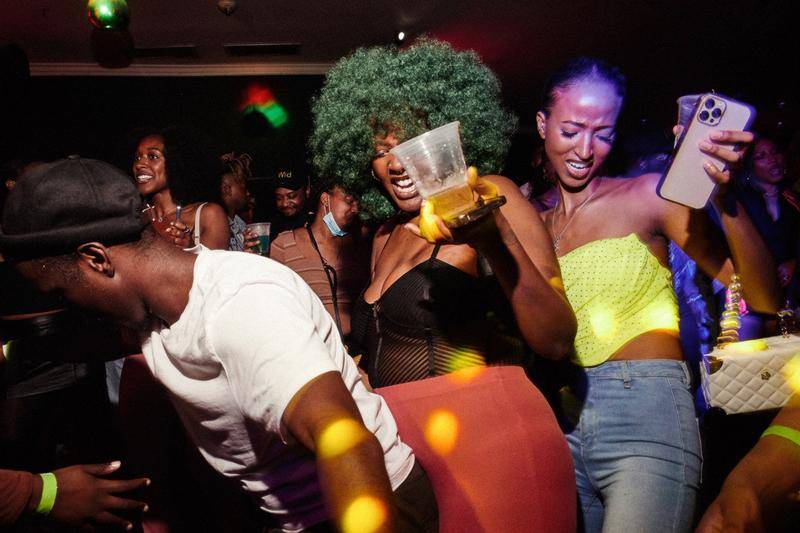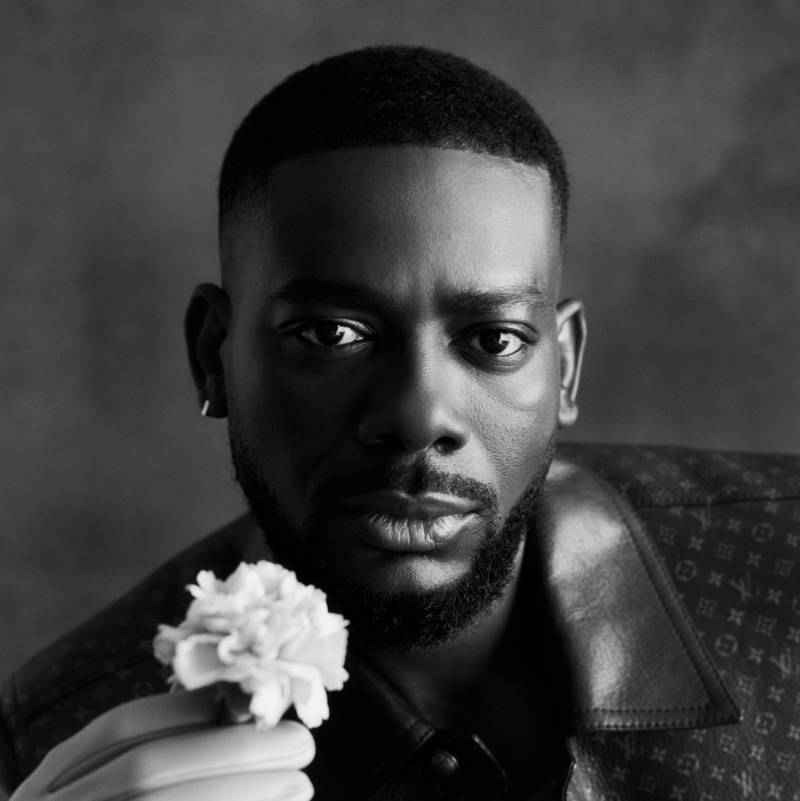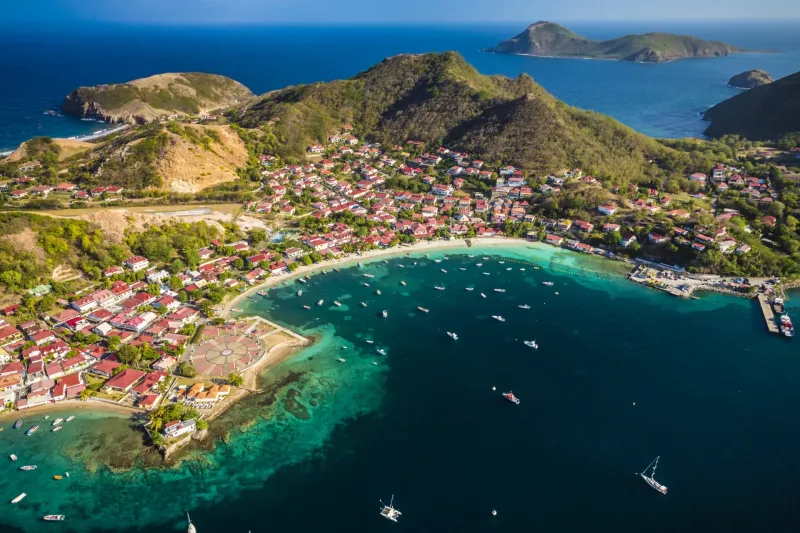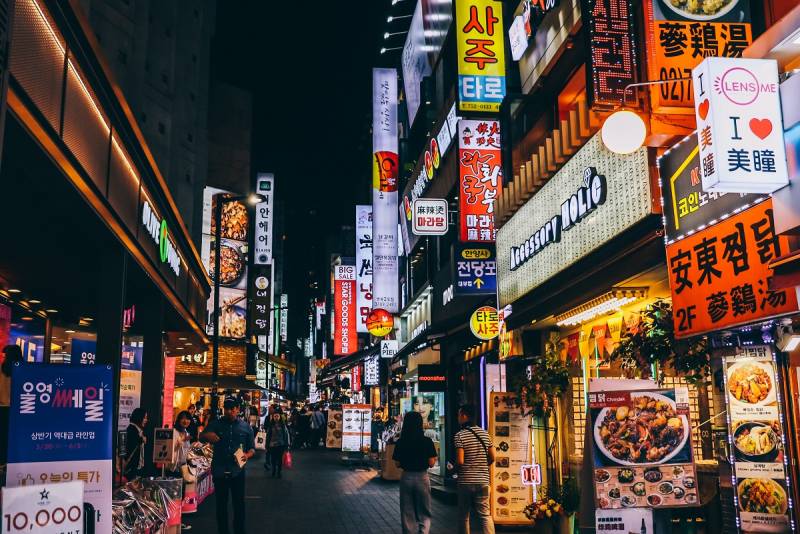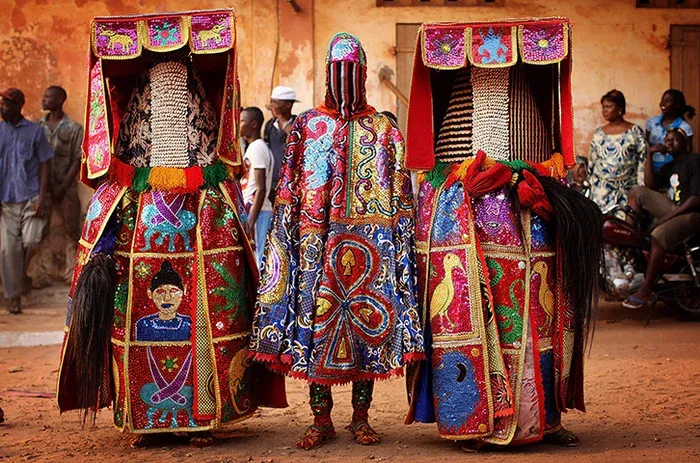The origin of Detty December’s is unclear. Some argue that it materialized after the inaugural 2004 Calabar Carnival in Cross Rivers in southeastern Nigeria, an event once dubbed by former governor of the state, Ben Ayade, as “Africa’s biggest street party.” Anecdotally, however, an elder Nigerian might point out that the tradition’s roots are older than that—possibly reaching back to the outcome of the country’s economic boom in the 1970s following the Nigerian-Biafra civil war, when citizens had extra money to spend amid the emergence of Fela Kuti’s Afrobeat. Neighboring Ghana, which held its famed ‘Year of Return’ celebrations in 2019, has also adopted Detty December as a term to describe similar festivities during this time of year, mostly taking place in Accra, the nation’s capital.
Whatever its inception, Nigeria transforms into one big celebration every December: International and local musicians, like homegrown artists Tiwa Savage and Fireboy, perform at venues across the country or at festivals like Rhythm Unplugged, which began on December 21; elaborate art and fashion exhibitions, meanwhile, pop against a 24-hour party scene. Nowhere is this more palpable than in Lagos, the country’s cultural capital, where parties rage on long after dawn, and Afro-pop and amapiano can be heard wafting through the streets alongside dancehall, fúji, reggae, R&B, and hip hop—everywhere from Victoria Island, home of Moist Beach Club’s ‘All Black Everything’ on Christmas Day, to Surulere on the mainland.
Lagos is never busier than it is right now, in large part thanks to the arrival of ‘I Just Got Backs,’ or IJGBs, Nigerians' loving, if pejorative, term for its temporarily returning descendants. When New York City-based and Philadelphia-born DJ Cory Townes visited Nigeria for the first time in 2019 on what he calls a “life-changing” trip, he was prompted to reflect on his own Americanness and Blackness in ways he didn't expect. “When you’re from Lagos, when you’re in Nigeria…just from being around the red clay, that clay can kind of stick to your skin,” Townes says. “So when locals look at you, they say, ‘Oh he’s not from here.’” I’m a reluctant acceptor of the IJGB label myself. Born in Ibadan, I spent my early childhood years in Nigeria before departing the country to live in southern Africa and countries throughout the West.
My parents moved to Lagos in the late 2000s after many years of living away from the country, and my most recent Detty December trip was also in 2019. I dipped into fashion shows at the Lekki Events Center and ate my way through the EatDrinkFestival. But I also made a trip to Badagry, a coastal town two hours away from Lagos, to visit the Badagry Heritage Museum and walk the historical trail to the Point of No Return, the site where many enslaved Africans took their last steps on the continent. It was an affecting experience, and I left Nigeria thinking less about the parties and more about our shared history. Even now, my relationship to Lagos is that of a place I only experience in fragments; a sentiment that is shared by many other IJGBs. That's why it’s not surprising to me, then, that as the city swells with visitors each December, perspectives between local Nigerians and those from abroad differ as to who Detty December belongs to.

“In light of #EndSars [the mass movement to end police brutality across the country] and the upcoming election year, being excited to go back [for Detty December] just seems kind of shallow,” Egoibe says. “Understanding we have agency as diasporans, as Nigerians, seems to get lost a lot. But when it comes to having fun or going to concerts, suddenly everyone’s a Nigerian.”
